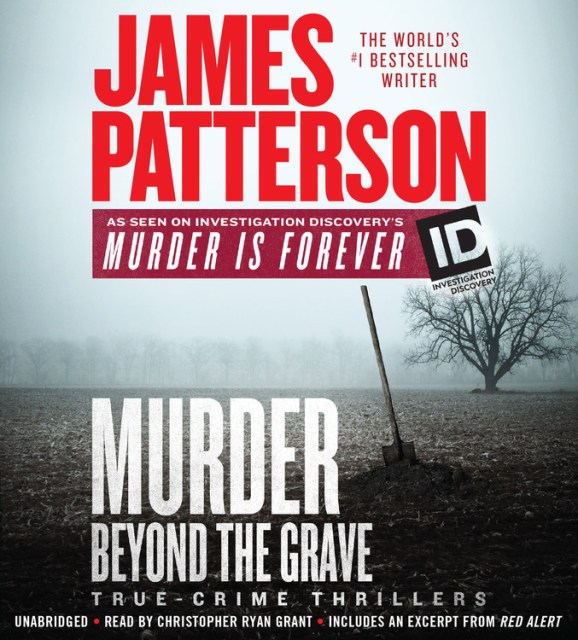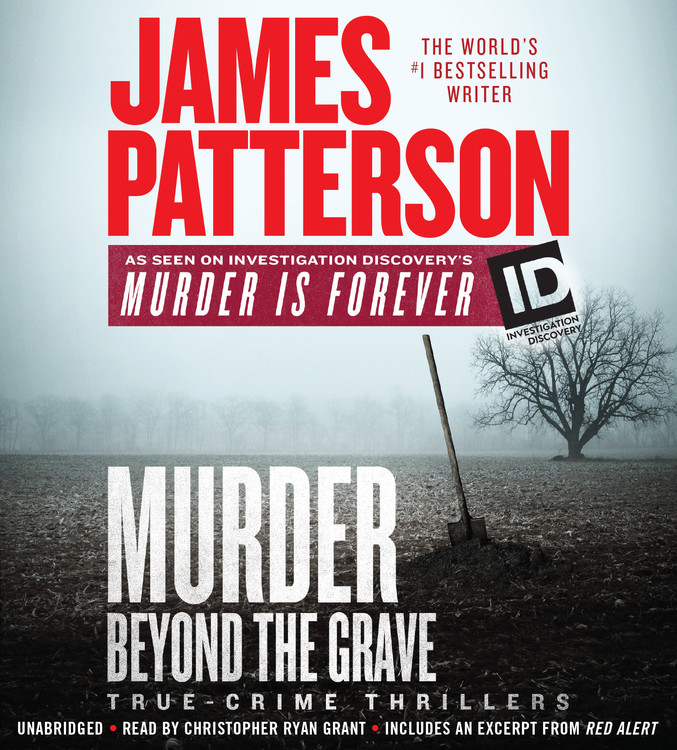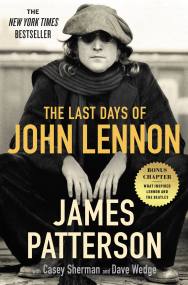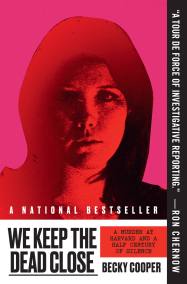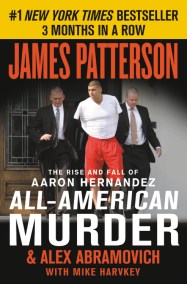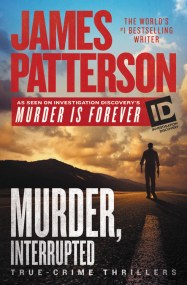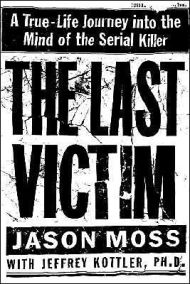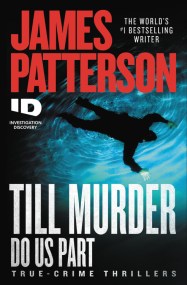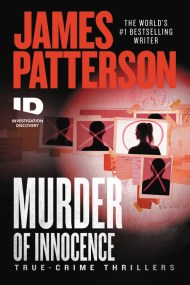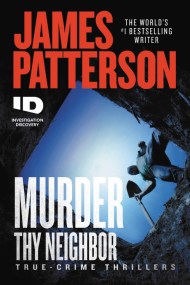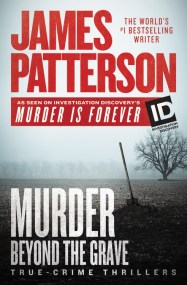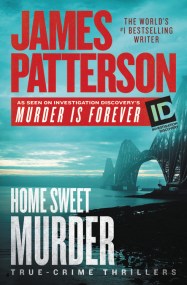Promotion
Use code FALL24 for 20% off sitewide!
Murder Beyond the Grave
Contributors
Read by Christopher Ryan Grant
Formats and Prices
Format
Format:
This item is a preorder. Your payment method will be charged immediately, and the product is expected to ship on or around February 6, 2018. This date is subject to change due to shipping delays beyond our control.
Also available from:
Murder Beyond the Grave(with Andrew Bourelle): Stephen Small has it all: a Ferrari, fancy house, loving wife, and three boys. But the only thing he needs right now is enough air to breathe. Kidnapped, buried in a box, and held for ransom, Stephen has forty-eight hours of oxygen. The clock is ticking . . .
Murder in Paradise (with Christopher Charles): High in the Sierra Nevada mountains, developers Jim and Bonnie Hood excitedly tour Camp Nelson Lodge. They intend to buy and modernize this beautiful rustic property, but the locals don’t like rich outsiders changing their way of life. After a grisly shooting, everybody will discover just how you can make a killing in real estate . . .
Genre:
-
"Every once in a while a writer comes along and fundamentally changes the way people read. He or she is so bright, innovative, so industrious that what they envision and create becomes the measure by which all others are judged. In 1993 one such writer - James Patterson - began to do just that. Now...with his mission still unfolding, James Patterson is the gold standard by which all others are judged."Steve Berry, New York Times bestselling author of the Cotton Malone series
-
"Behind all the noise and numbers, we shouldn't forget that no one gets this big without amazing natural storytelling talent - which is what James Patterson has, in spades."Lee Child, #1 New York Times bestselling author of the Jack Reacher series
- On Sale
- Feb 6, 2018
- Publisher
- Hachette Audio
- ISBN-13
- 9781478995579
Newsletter Signup
By clicking ‘Sign Up,’ I acknowledge that I have read and agree to Hachette Book Group’s Privacy Policy and Terms of Use
